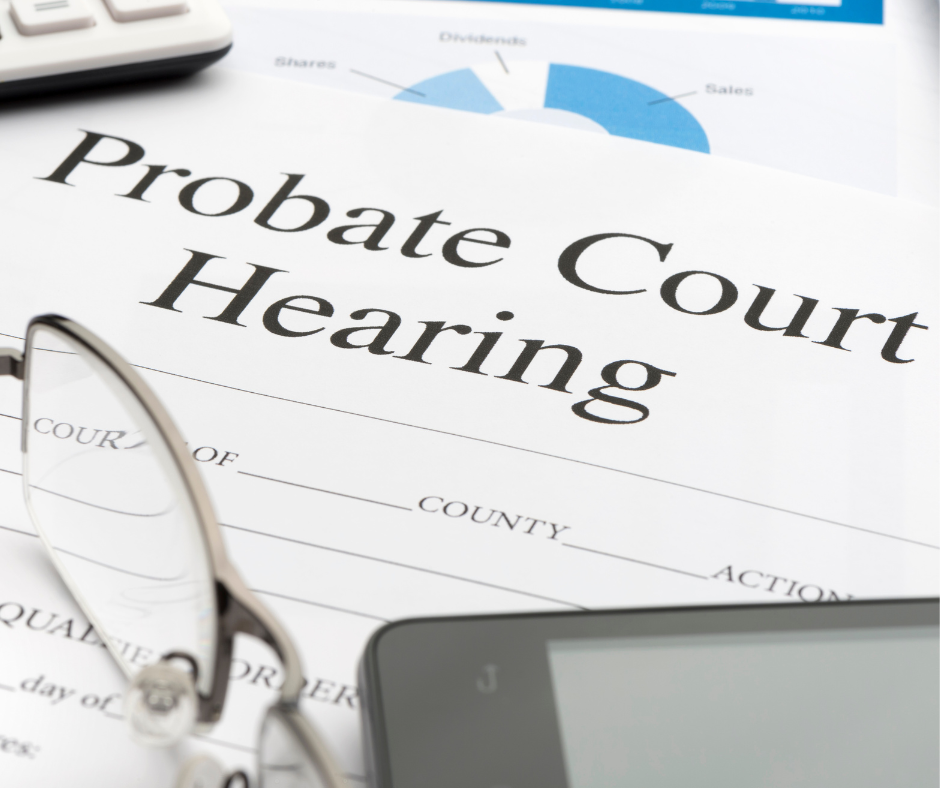The term “Probate” is a broad term that can often elicit confusion and is misunderstood by individuals when reviewing their estate plan or administering an estate. Simply put, Probate is the process whereby a person’s estate is settled, and it is overseen by the Probate Court in the county where the person was domiciled at the date of death.
Fiction: Probate is only necessary for persons that pass without a Will.
Even those who have set up an estate plan often have to go through the Probate process. A decedent’s estate must pass through Probate if he or she had assets that are subject to the process. In South Carolina, some common items that will be subject to Probate are any items owned solely in the decedent’s name at the date of death; and real property (real estate) held as tenants in common at the date of death.
Some common items that would not be subject to Probate are 401k or other similar retirement accounts, or insurance proceeds, that have a named beneficiary; and real property (real estate) titled as a joint tenancy. Generally, non-Probate assets are those that transfer upon death to another. Another common way to move assets from Probate to non-Probate is to set up a trust and put assets in the trust. The assets that have been moved to the trust would transfer to the named successor upon the decedent’s death, and are generally not subject to the Probate process, with some exceptions.
Fiction: I set up a trust, so all of my assets are non-Probate.
Setting up a trust plan is only the first step to moving assets from Probate to non-Probate. If a person passes away without finding the trust with his or her assets, the assets will not be trust assets at death, but will instead be Probate assets. Only assets titled in the name of the trust become trust assets.
Fiction: an estate cannot go through Probate if the original will is missing.
As discussed above, all estates with Probate assets will need to go through the Probate process. If a decedent never created a will, his or her estate would pass through intestate succession, which is still a Probate process. If it is unclear whether a decedent destroyed a will because the original will cannot be found, a formal Probate process can determine whether assets will pass through intestate, or whether a copy of the decedent’s will can be used. These circumstances differ greatly based on the facts of each case, but there is still a Probate process even when an original will cannot be located.
Fiction: the Probate process always takes several years to complete and is expensive.
The length of time to administer an estate in South Carolina differs depending on the facts of each case and the assets in each estate. A contest over the validity of a will, creditors’ claims, or heirs’ claims are some factors that can prolong the Probate process. Generally, a less complex estate with no contests will take a year to complete, and it is often the case that very small estates may end more efficiently and will not be very costly to administer.
If you need help with estate planning, or need clarification for questions you have regarding Probate, please contact us.
